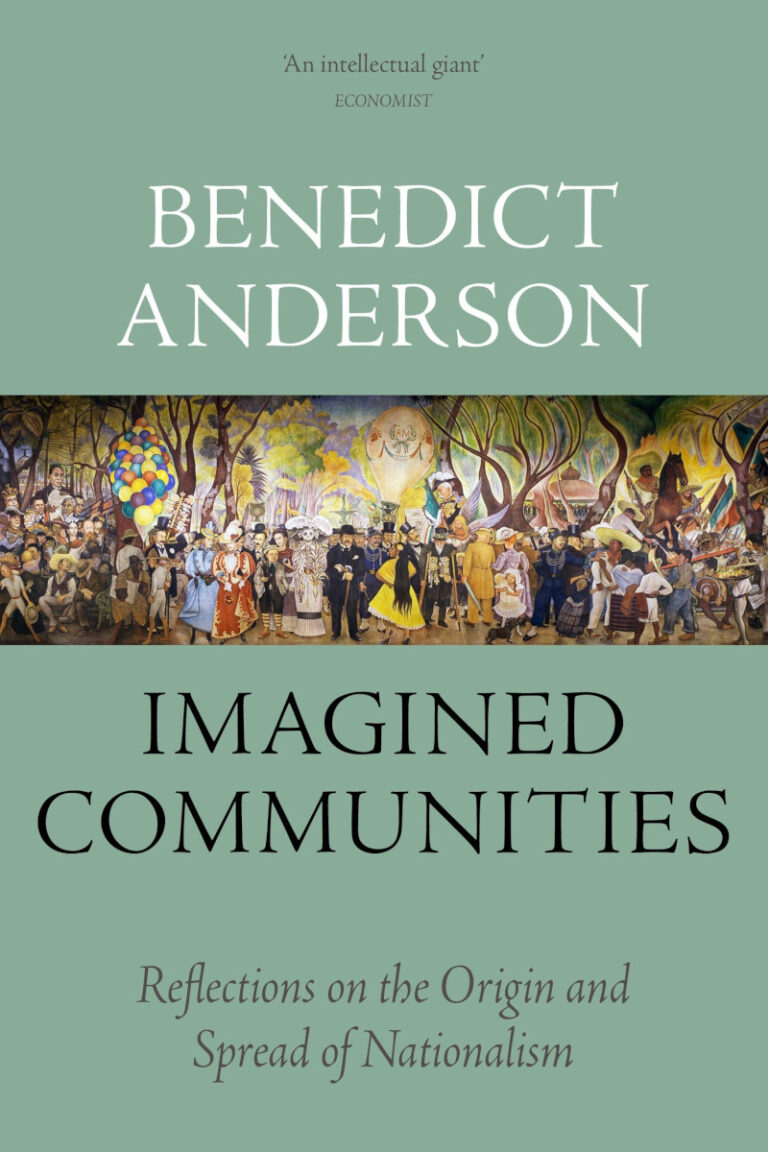

According to Anderson, this is why nationalist identities are now so dominant.Īnderson goes on to explain that nationalism is different from other political ideologies because nations are cultural phenomena-emotional, imagined communities-rather than intellectual theories.

Rather, nationality is an identity constructed through people’s feelings and cultural beliefs. In fact, this dominance is what makes Anderson’s argument so necessary: many people seem to forget that nations have not always existed, and that national identity is not written into people’s DNA. This dominance is both a result of and a further cause of nationalism’s emotional power. Nationalism is now undisputedly dominant in the world, to the point where the United Nations is the most important international body, virtually every revolution is nationalist, and everyone simply assumes everyone else has a nationality. He interprets these invasions as evidence that nationalism is more powerful than explicit political ideology: even revolutionary Marxist leaders who proclaim a desire to transform the international economy ultimately put the “national interest” first. He sees the mutual invasions of Vietnam, Cambodia, and China as an example. Anderson’s novel concept of the nation as an imagined community allows him to explain why nationalism is historically distinctive, more powerful than other political ideologies, and misunderstood by the scholars who preceded him.Īnderson begins by pointing out that nations are uniquely powerful compared to other political formations, which shows that they therefore need to be analyzed in a unique way.

At the same time, people’s instinctual belief that nations are inherent, concrete, and inevitable is proof that the nation is unlike other political ideas: it compels action, loyalty, and sacrifice to a virtually unparalleled extent. Benedict Anderson’s most enduring scholarly contribution remains the succinct but revolutionary definition of the nation he offers in the introduction to Imagined Communities: a nation is “an imagined political community-and imagined as both inherently limited and sovereign.” This definition is radical because it presents a transformed understanding of the kind of thing a nation is-Anderson claims that it is an idea that binds people, not a natural political unit.


 0 kommentar(er)
0 kommentar(er)
